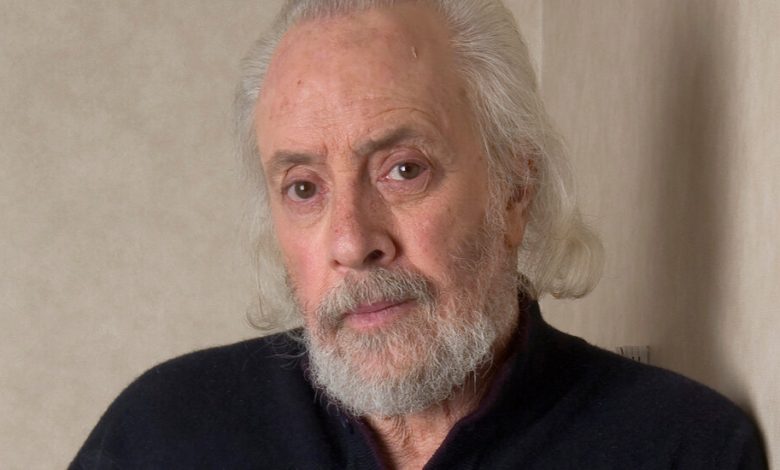Robert Towne, Screenwriter of ‘Chinatown’ and More, Dies at 89

Robert Towne, whose screenplay for Roman Polanski’s “Chinatown” won an Oscar, and whose work on that and other important films established him as one of the leading screenwriters of the so-called New Hollywood, died on Monday at his home in Los Angeles. He was 89.
His publicist, Carri McClure, confirmed his death on Tuesday. She did not cite a cause.
Mr. Towne’s Oscar was part of a phenomenal run. He was nominated for best-screenplay Oscars three years in a row; his “Chinatown” win, in 1974, came between nominations for “The Last Detail” and “Shampoo,” both directed by Hal Ashby. He had also worked as an uncredited script doctor on “Bonnie and Clyde” (1967) and “The Godfather” (1972).
He was widely regarded as a master at writing dialogue, though he was less gifted at meeting deadlines — he was notorious for delivering long, unshapely scripts way past their due dates. The film historian David Thomson called him “a fascinating contradiction: in many ways idealistic, sentimental and very talented; in others a devout compromiser, a delayer, so insecure that he can sometimes seem devious.”
Mr. Towne later directed a few movies, and occasionally appeared onscreen, but he left his most lasting mark as a writer. And although he remained active into the 21st century, his reputation is based largely on the work he did in the 1970s.
Beginning in the late 1960s with cutting-edge movies like “Midnight Cowboy” and “Easy Rider” and running through “Raging Bull” in 1980, the New Hollywood was a pinnacle for American directors, who followed the French auteur model of making idiosyncratic, personal movies, and also for talented screenwriters like Mr. Towne and a small army of gifted actors, like Jack Nicholson and Dustin Hoffman, who did not fit the old Hollywood mold.
